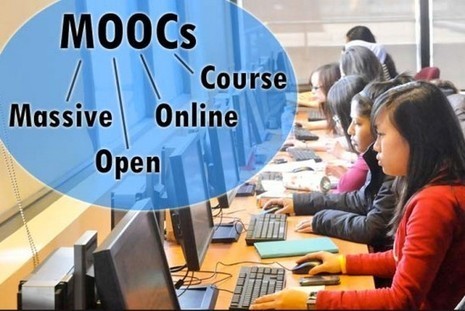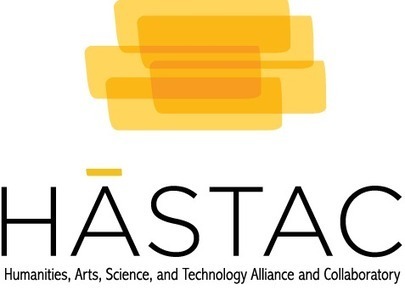What is the current state of research on recognition and accreditation systems for informal and interest-driven learning? In the Badges for Learning Research Collection, we explore some of the opportunities provided by employing badges and other assessment systems in learning communities, some of the dangers, and consider the pressing research questions that need to be addressed.
Over the last year, a wide-ranging public conversation about potential future applications of badges and the place of badges in our learning ecosystem has captured the attention of educators, technology makers, and researchers. How can current and past research inform these debates?
What are the most important questions we need to raise about the effective design and deployment of badge and reputation systems? What empirical and theoretical research supports and informs the design, development, and deployment of digital badges and badge systems across a diverse range of learning content, institutions, and approaches?
Via
DML Competition



 Your new post is loading...
Your new post is loading...








































